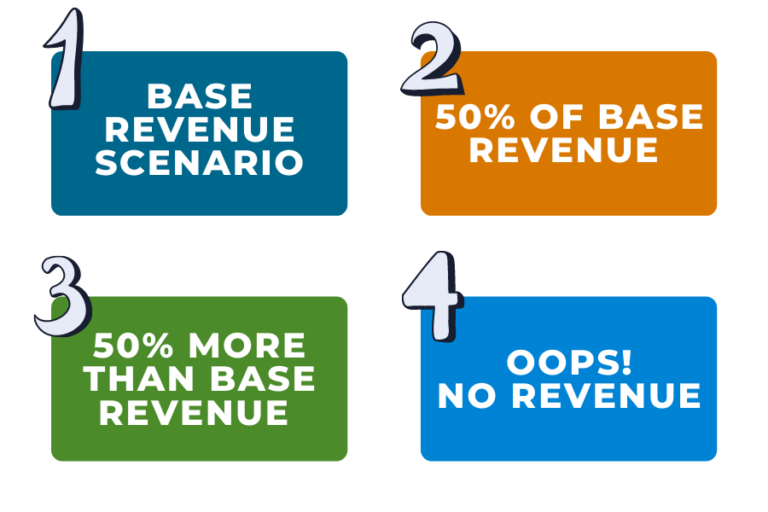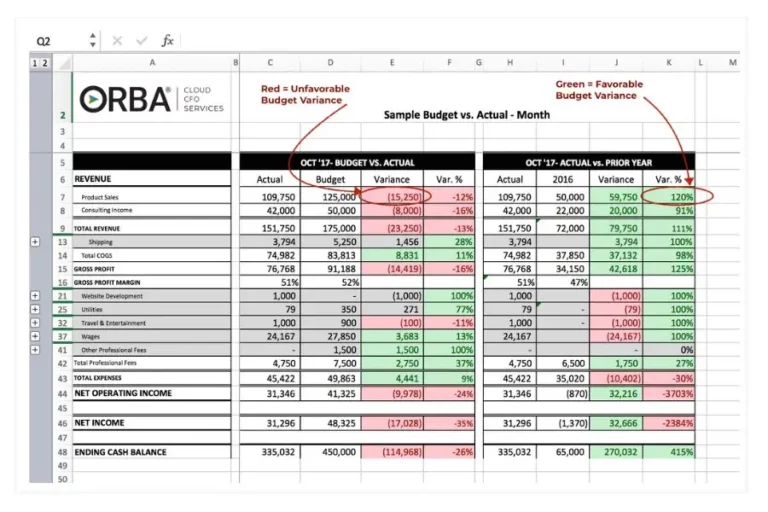If I told you that there’s a growth-oriented approach to your financials that aligns both departments and managers while eliminating wasteful spending, would you believe me? Industry Week called it “deceptively simple.” The financial industry calls it zero-based budgeting (ZBB).
Before you assume that cost-reduction budgeting is not the right approach for your growing enterprise, allow me to break down the pros and cons of ZBB.
The pros of zero-based budgeting and how to make them work for your company.
Zero-Based Budgeting is Needs-Based
It is true that introducing ZBB requires a greater time-investment as you assess the needs of each department. You must review every line item and build a budget around a strategic allocation of funds, as opposed to a blanket spending approach across all departments. It is as simple as starting at zero.
Related Read: Adjusting your budget to be zero-based in a recession. Including the steps to do it.
Aligning Incentives Using Zero-Based Budgeting
We have always suggested that using incentives aligns employees with your business goals. Zero-based budgeting does just that. Strategic cost management and collaboration among multiple departments fosters responsibility around spending. Involve department heads and management to dig into the details of what costs yield the best results to run sustainable, accountable operations.
“By educating our team about the P&L and balance sheet, we are building accountability, ownership and curating a culture for growth.”
Read article here: How Does a Growing Company Maintain its Innovation and Competitive Edge
When entire management teams understand the balance sheet, P&L and how to compute rates of return, it is easier to support prioritized spending within each department. This education, combined with a common incentive for all departments, will help eliminate the practice of each department scrambling to use up a budget at year end so that their budget is not reduced the following year. Instead, this collaborative effort will provide an opportunity to allocate funds to the most important area to help your company scale.
The transparency in collaborative budgeting prevents the threatened response that might be expected when cost-cutting. Better understanding and accountability around the P&L and setting agreed-upon targets helps align teams to drive toward the same goals.
Fact: ZBB is Growth-Oriented
ZBB is often seen as restrictive and costly due to its large initial time commitment. But, by mitigating risk and streamlining spending it creates opportunity for growth and future investment. By applying the two principles above (incentives and cost management), you are shaping your team and budget to support growth. Increased employee engagement plus increased margins equals a formula for scalability.
Zero-based budgeting sounds great, but where to cut costs?
Below are some innovative cost-cutting measures we have seen:
- Outsource Wherever Possible
If you’re a mid-size company, there is usually at least one area where it pays to hand something over to the experts. Whether it’s marketing, accounting, manufacturing or procurement, there’s likely a department where an outsourced team that specializes in that area will be more efficient and worth the investment. - Go Virtual
If you can afford to maintain a growing team without office space, you can reduce your overhead enormously. No offices, no lease and no landlord headaches. The benefits keep piling up. Use some of these savings to budget and invest in your team’s culture. Additionally, it is imperative that you also meet in person at least once a quarter. - Shop Around
The best companies at reducing COGS don’t sit happily on their heels as suppliers continuously offer their goods at the same, or inflated, prices. The most cost-effective companies are always shopping around to find the best value and holding their suppliers to that same offer. Especially if you’re a growing business, you should be getting volume discounts as you scale. We do not suggest always changing suppliers, but we do suggest asking for price-matches and discounts.
Zero-based budgeting can’t be all unicorns and rainbows.
Needless to say, with any financial overhaul there are undoubtedly going to be hurdles to overcome. The initial adoption can be tough on certain team members or departments that are used to the existing budgeting process. For some, the initial time investment can be daunting, but what is at first cumbersome will become more streamlined each subsequent year as the process becomes familiar. For others, the justification of spending and providing tangible outcomes becomes difficult to establish.
While employee buy-in is likely the biggest pitfall to a successful induction of ZBB, if done correctly, big involvement can yield big returns. Empower your employees with solid preparation and planning.
Tips to encourage employee engagement
- Avoid resentment by clearly communicating well in advance the plans to revise the budget process.
- Ask your financial services or accounting team to help teach your staff how to interpret simplified versions of the financial statements.
- Educate your team about strategic and non-strategic costs and investments and set key metrics as your drivers for growth.
- Focus less on driving the idea of cost-reduction, instead highlight the fact that viable spending outweighs procedural adjustments by releasing capital for future investment.
- Provide a stake in the outcome— incentives that are linked to the key metrics for growth.
Zero-based budgeting does not need to be complex, but it does require a talented management or financial team. It relies on the ability to adapt the budget to any flex in needs. A certain level of expertise is vital to see through ZBB successfully, and it can certainly be worthwhile if you have the right team in place.
Need a recap? The benefits of zero-based budgeting can be reviewed in our infographic below:

For more information, contact Chris Arndt at [email protected] or 312.494.7014.


